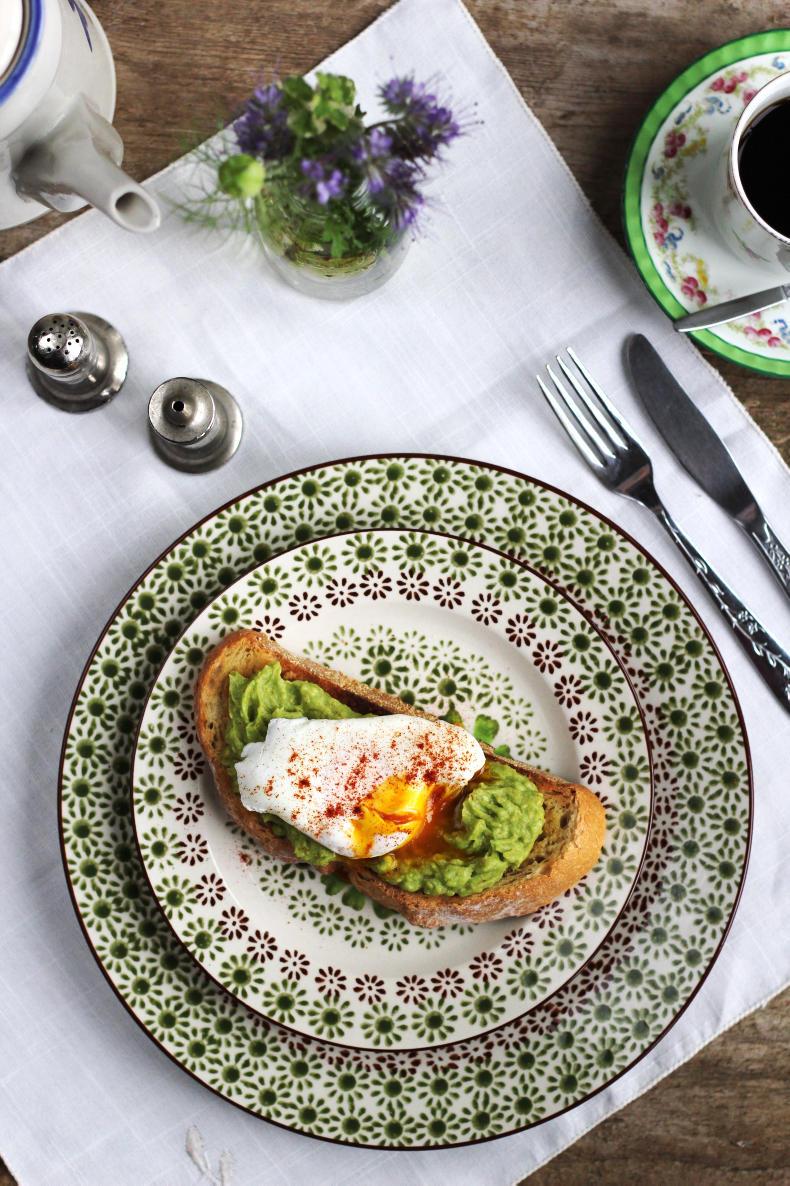Whether you’ve an upcoming wedding or you’re buying a new car, Ireland is the ideal spot for a bit of friendly advice. My greatest experience of this has been when an upcoming pregnancy is on the cards. No sooner has the pregnancy been announced but at every corner there’s an aunty, friend or neighbour who’ll be on hand to give you their tuppence worth of pregnancy tales. Some rather informative, some a little personal, but, all in all, the sharing of what worked or didn’t work for someone else’s pregnancy can be really rather useful.
Sometimes recommendations can be conflicting and what works for one may not for another, but a constant piece of advice by health professionals is the importance of folic acid in the diet while pregnant. It has been well researched how beneficial taking folic acid before and during a pregnancy can be in preventing neural tube defects and serious abnormalities in the baby’s brain and spinal cord. Since birth defects can happen in the early stages of pregnancies, often before a lady even realises she is pregnant, the World Health Organisation recommends all ladies of a child bearing age take a daily supplement of folic acid. With the significant link between neural tube defects and a low folic acid intake, over 50 countries worldwide now have a mandatory policy in place for the fortification of folic acid in cereals and flours. Legislation for a similar mandatory policy is currently being discussed between the relevant authorities in Ireland, showing just how important folic acid is to us and for ladies who are planning to conceive.
When pregnant and when preparing for a pregnancy, a nutrient-rich diet, packed with plenty of folic acid-rich foods, along with calcium, iron and a wealth of vitamins and minerals, is essential. Foods rich in folic acid (also known as folate) can be added to the diet with ease. Dark green vegetables, avocados, asparagus, oranges, along with beans, peas and lentils are all rich sources of folic acid. Many cereals and breads are now fortified with folic acid, allowing for an increase to one’s daily intake.
Braised lentils with kale
Lentils are a great addition to a pregnancy/pre-pregnancy diet as they are high in fibre, folic acid and bursting with nutrients. The lentils in this dish benefit from simmering in the lightly spiced stock, making them deliciously flavoursome. For an added bite, I’ve topped them with some crushed cashew nuts, but any nuts or seeds would do. The lentils can be served with meat or on their own with crusty bread.
1 tbsp olive oil
2 onions, finely diced
2 celery sticks, finely diced
4 cloves garlic, crushed
2 carrots, peeled and finely diced
200g dried lentils, rinsed and drained
1 tsp cumin
500ml vegetable stock
100g kale, finely chopped
50g cashew nuts
Handful fresh coriander
Natural yoghurt, to serve
Crusty bread, to serve
1 Place a large saucepan over a medium heat and add the olive oil. Once hot, add the onions and saute gently for five to seven minutes. Stir through the celery and garlic and cook for five minutes, stirring regularly.
2 Add the carrots, lentils and cumin. Stir to combine and add the hot stock.
3 Bring to the boil, cover with the saucepan lid, then leave to simmer on a low heat for 25 to 30 minutes, but regularly stir to avoid the vegetables and lentils sticking to the bottom of the pan.
4 Remove from the heat and stir through the kale. Place on individual plates or on a serving plate and sprinkle over the chopped cashew nuts and coriander leaves. Serve hot with a dollop of natural yoghurt and crusty bread.
Avocado on toast with a poached egg
Avocados are an excellent source of fatty acids, and they’re also significantly rich in folic acid. The buttery texture of the mashed avocado works perfectly as a topping to the crunchy toast, while a poached egg adds even more nutrients and a whole lot of flavour.
2 ripe avocados
½ lime, juice only
Dash of smoked paprika
Sea salt & freshly ground pepper
4 free range eggs
½ tsp white wine vinegar
4 thick slices of bread, toasted and buttered
1 Half and de-stone the avocados. Scoop out the flesh and roughly mash it on a plate. Add the lime juice, dash of smoked paprika and season with a little salt and pepper. Leave to one side.
2 To poach the eggs, bring a saucepan of water to a bubbling boil, and add the white wine vinegar. Using a spoon, quickly stir the water to make a whirlwind in the saucepan. Crack the egg into a cup, and with the water still swirling gently, add the egg into the centre of the saucepan. Depending on the size of the egg, it will take between two and four minutes to poach. Once cooked, remove the egg to a plate lined with kitchen paper and cover with additional kitchen paper to keep warm while the rest of the eggs are cooking. You can cook two eggs together, but repeat this process for the rest of the eggs.
3 Divide the avocado mixture between the four slices of toasted bread. Top each with a poached egg. Add an extra little sprinkling of the smoked paprika and serve.





SHARING OPTIONS